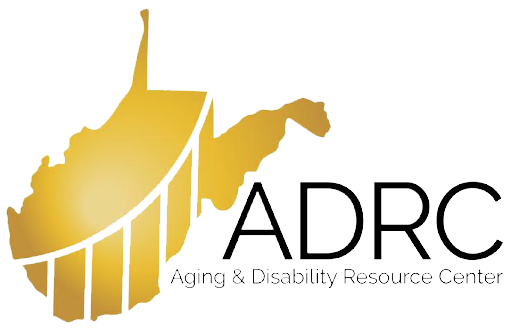Self-Care
Recognizing when a Caregiver Needs Help
Being a caregiver is noble and may be rewarding, but it may also be very challenging and demanding.
Oftentimes, caregivers find themselves juggling multiple responsibilities and sometimes multiple family dynamics – the person you’re caregiving for and your own immediate family. It’s easy for caregivers to overlook their own needs and well-being.
Signs a Caregiver Needs Help:
- Physical and emotional exhaustion
- Neglecting personal well-being
- Increased irritability and frustration
- Social isolation
- Decline in your family member’s well-being
- Financial strain
- Difficulty balancing work and caregiving
Caregiver Fatigue Timeline
We know that caregiving takes its toll on individuals and families. Understanding when and how things may happen and when to seek help is important. Where are you on the caregiver fatigue timeline?
Respite Care
Caregiving can be incredibly demanding physically, emotionally, and mentally. It’s vital for caregivers to recognize their own limits and prioritize their own well-being to avoid burnout. Respite care plays a crucial role in providing caregivers with the opportunity to recharge and attend to their own needs.
By taking breaks and seeking respite care, caregivers can prevent exhaustion and maintain their ability to provide quality care over the long term. It also allows them to sustain relationships outside of their caregiving role and maintain a sense of balance in their lives.
Moreover, respite care isn’t just beneficial for caregivers; it can also be advantageous for the person receiving care. It introduces variety into their routine and provides them with opportunities for socialization and engagement with new people and environments.
Overall, respite care serves as a vital support system for both caregivers and those they care for, promoting overall well-being and enhancing the quality of life for everyone involved.
Finding someone who can help with caregiving needs for a short or longer period of time is important. Friends, neighbors or other family members may be able to help. There are many other resources that exist!
Here’s a quick list of some resources that can help. You can also Click "Search Services" in the menu above to find more Information for help in your community!

WV Aging & Disability Resource Center
Providing professional trained and certified Community Resource Specialists who can help you on your caregiving journey.
866-981-2372

FAIR (Family Alzheimer’s In-Home Respite)
The FAIR Program in West Virginia helps family caregivers by offering support and also gives personalized care and activities to individuals diagnosed with Alzheimer's or similar conditions.

Lighthouse Program
Lighthouse is designed to assist those seniors who have functional needs in their homes, but whose income or assets disqualify them for Medicaid services.

Additional Resources
Need a guide or worksheet to see where you fit in this? Download these resources to learn more.
Challenges Caregivers Experience
Overall, caregiving can be a deeply rewarding experience, but it also comes with significant challenges that can impact the caregiver’s physical, emotional, and financial well-being.
Click on each item to learn more.
Caregiving can be emotionally demanding, leading to feelings of guilt, anxiety, depression, and burnout, especially when witnessing the decline or suffering of the care recipient.
Providing physical assistance to a care recipient, such as lifting, bathing, or transferring, can lead to physical strain and injury for the caregiver, particularly if they are not properly trained or if the care recipient has mobility issues.
Caregiving can result in financial burdens, including lost income from reduced work hours or leaving the workforce entirely to provide care, as well as expenses related to medical bills, medications, equipment, and home modifications.
Caregivers may experience social isolation as they devote much of their time and energy to caregiving responsibilities, leading to a loss of social connections, friendships, and recreational activities.
Balancing caregiving responsibilities with other roles and responsibilities, such as work, parenting, and personal life, can be challenging and lead to feelings of overwhelm and inadequacy.
Caregivers often face challenges navigating complex healthcare systems, including coordinating appointments, managing medications, advocating for the care recipient, and understanding medical information.
Many caregivers lack adequate support from family, friends, or healthcare professionals, which can exacerbate feelings of stress and isolation.
Caregivers may experience grief and anticipatory grief as they witness the decline of the care recipient’s health and face the eventual loss of their loved one.

Caregiver Guilt
We know that caregiving takes its toll on individuals and families. Understanding when and how things may happen and when to seek help is important. Where are you on the caregiver fatigue timeline?
- Perceived Inadequacy
- Self Neglect
- Unrealistic Expectations
- Decision Making
- Balancing Responsibilities
- Emotional Reactions
- End-of-Life Decisions
Caregiver guilt can have a significant impact on the caregiver’s well-being, leading to increased stress, anxiety, depression, and feelings of isolation. It’s essential for caregivers to recognize and address these feelings by practicing self-compassion, setting realistic expectations, seeking support from others, and prioritizing their own self-care. Counseling or therapy can also be helpful for caregivers struggling with overwhelming guilt or emotional distress.
